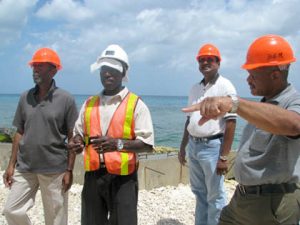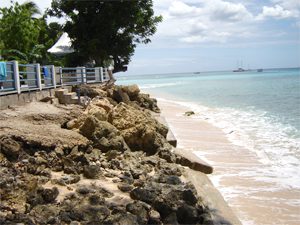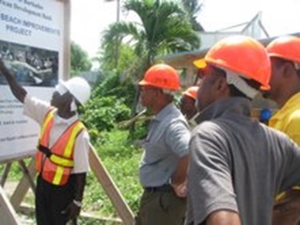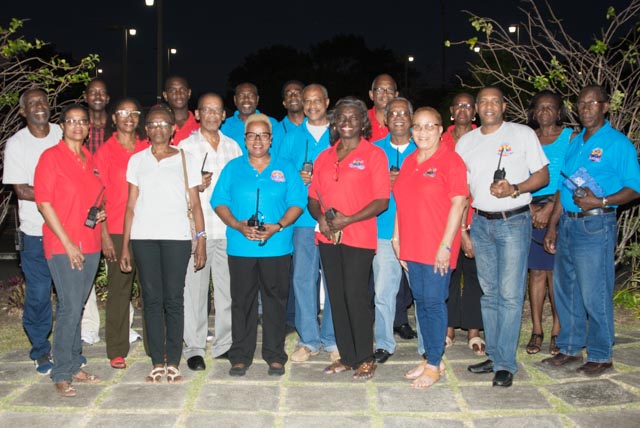
The Department of Emergency Management St. James Central District Emergency Organisation is a voluntary arm of the governmental department. It is engaged to offer the varied communities, businesses and private sectors along the west coast and its environs, the best concepts and practices of comprehensive disaster management. The organisation can today offer our community a wide range of professionals and community minded persons, who daily interact and investigate the many challenges our community faces.
Your District Emergency Organisation
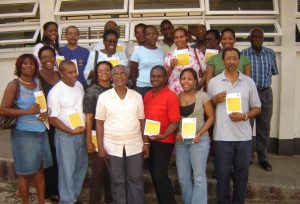
The District Emergency Organisation operates as the volunteer arm of the Department of Emergency Management, the agency responsible for the National Emergency Management System. Our DEO is operated by volunteers and the membership is drawn from the communities which they are intended to serve. The management structure of the DEO is made up of a Chairman, a Vice Chairman, a Secretary, a Treasurer, Shelter Officer, Medical Officer, Damage Assessment and Information officer, Road Clearance and Transport Officer and Communications Officer. Our membership fluctuates as persons come and go for varying reasons. Our active membership has varied between forty and seventy members during the year. We currently have forty-five active members.
The role of the DEO is to organise and coordinate the resources of the community so as to allow for an effective response in time of crisis. The DEO works with the community to develop and operationalise disaster mitigation, prevention and preparedness programmes to lessen the impact of identified hazards such as hurricane, flood and earthquake, fire, aircraft and vehicular accidents and environmental hazards. The DEO reaches out to all groups in the community, including churches, service clubs, neighbourhood watches, PTAs, skilled artisans, community groups, non-governmental organisations and most importantly the individuals living in the community. There is also a close association with the government agencies such as the Fire Service, the Police, the Health and Environmental sector and the Drainage Unit.
The DEO’s main functions are to provide a forum for education and training at the community level, develop a mechanism for initial emergency response and to develop a mechanism to facilitate the conduct of damage assessment, needs analysis and relief distribution.
Our continuous community profile and analysis provides us with knowledge of our community and the people living there, for example those hazards that are likely to impact, the risk and the vulnerabilities of these areas, as well as our vulnerable and disabled persons who may need help in the event of an emergency or disaster. It is therefore necessary that our members receive training in diverse areas and gain the necessary knowledge in many aspects of disaster management and response.
The DEO needs to hear from the concerned members of the community, of any perceived challenges or risks that can affect their environment. We are available to make presentations, based on our community profiles, to inform residents of the several hazards that can affect the communities and what preparedness initiatives they need to take. It is our believe that sharing comprehensive disaster management concepts and practices will lead to higher levels of resilience and lower levels of complacency within the various communities, therefore increasing the capacity to respond if impacted.
